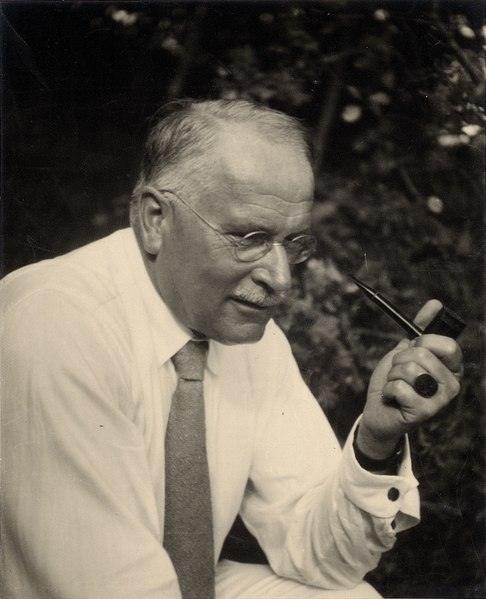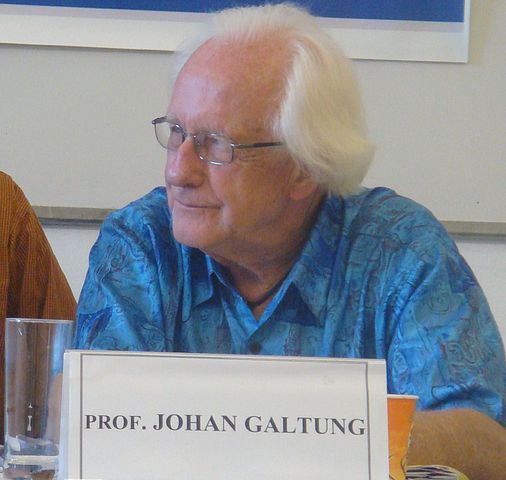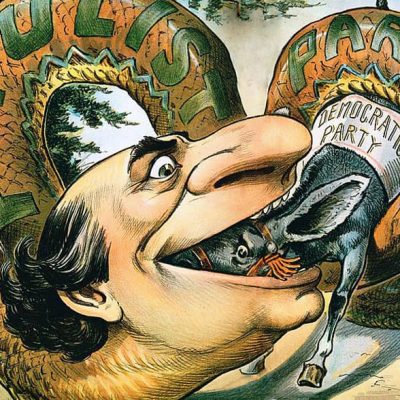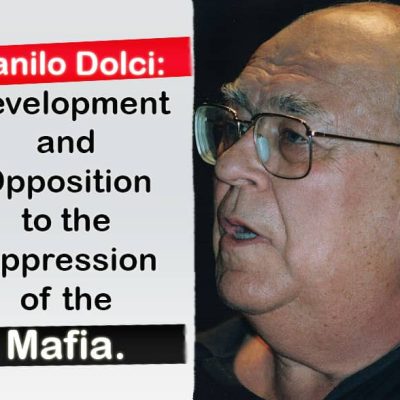 Book Reviews
Book Reviews
David W. Augsburger. Conflict Mediation Across Cultures : Pathways…
Photo by Charl Folscher on Unsplash.
(Louisville KY: Westminster/John Knox Press, 1992, 310pp).
John Paul Lederach tells the story of one of his intercultural mediation workshops in Panama where:
“someone said that mediators were like guides leading people through complexities. The image stuck. By the end of the week, we almost never spoke of mediators but rather of guides.”
Mercury was the classic Greek messenger between humans and gods; and often served as a guide in quarrels. But Mercury has been taken over as the symbol of doctors. Today; it would be difficult to remould him as the god of conflict transformation. Another guide; who is still in active service is Fa – the messenger divinity in the Nago-Yuroba culture of Benin and Nigeria. Fa has taken root under other names in the African-related cultures of Brazil, Cuba, and Haiti. Politicians regularly consult the priests of Fa when taking difficult decisions. The priest interprets the will of the gods by analysing a complex series of myths; which gives hints as to desirable outcomes.
David Augsburger’s book is a treasure house of examples drawn from many cultures for conflict transformation; which he defines as the task:
“to reopen the future for the parties to the dispute in ways that empower them to move back into responsible relationships.”
The Confucian Model.
David W. Augsburger looks at different cultures; to see what they can teach concerning conflict transformation. In all cultures; there are pathways for handling disputes; processes for coping with power differentials; roles for mediators and means of achieving mutually satisfactory settlements. Thus; in the Japanese tradition; there is a tendency to resolve conflicts by the use of patience; forbearance and the passage of time; by “letting the dispute flow to the ocean.” The objective is to settle the dispute in such a way as to restore friendly relations; to regain a sense of harmony.
Chinese culture also stresses harmony as the prime cultural virtue. Conflict avoidance is a basic orientation in Chinese social processes; rooted in the Confucian model of society; based on the maintenance of harmony in interpersonal relations. However; there is a particular danger inherent in this mode of dealing with conflicts; based on face-saving. It can lead to confrontation avoidance; but not to a genuine resolution of conflicts.
No Real Conflict Transformation is Possible.
As Augsburger points out “The more harmony-oriented that a group is; the more conflict-sensitive the group will be; the more committed the group to practicing the cultural value of harmony, the more intensely conflict will be internalized,” through the absence of verbal aggression, absence of direct expression of feelings, the avoidance of confrontation.
Yet despite the mutual appreciation of harmony as a cultural virtue; there was a long war between Japan and China; which has left scars until today. Thus; an understanding of the forms; which conflict takes in each society does not insure that conflicts will be transformed without violence. However; it is safe to say that without an understanding of the deep cultural roots of the ways in which conflict is expressed; no real conflict transformation is possible.
A conflict is always a privileged moment for the study of a society – or of oneself. As Johan Galtung has said
“It is precisely during periods in our lives when we are exposed to a conflict that really challenges us, and that we finally are able to master, that we feel most alive.”
Prof. Johan Galtung: David Lisbona from Haifa, Israel, CC BY 2.0 <https://creativecommons.org/licenses/by/2.0>, via Wikimedia Commons.
The Concept of Metamorphosis.
David Augsburgter was one of the first to stress the need for the concept of conflict transformation; in the place of the terms conflict management or conflict resolution. Transformation requires a metamorphosis in each of three aspects: transforming attitudes, transforming current behaviour, and transforming the way the conflict is structured.
The concept of metamorphosis is taken from Western and Chinese alchemy; and Augsburger’s study encourages us to look at Carl Gustav Jung’s long efforts to interpret the Western and Chinese alchemical tradition; for their insights into psychological transformation. As Augsburger is a Professor of Pastoral Care in a Protestant theological seminary; he also draws upon Christian thought.

Carl Gustav: ETH Library, Public domain, via Wikimedia Commons
The word pathways of the subtitle is a good characterization of the book. There are many ideas, stories, and examples drawn from diverse cultures. Each reader will explore different ways. I believe that each will be rewarded by what is found.
René Wadlow, President of Association of World Citizens.

President, Association of World Citizens (AWC).
Estudied International relations in The University of Chicago.
Estudied Special Program in European Civilization en Princeton University
Here are other publications that may be of interest to you.
Transformation of Populism in Europe and the Americas: History and Recent Tendencies
Featured Image: 1896 Judge cartoon shows William Jennings Bryan/Populism as a snake swallowing up the mule representing the Democratic party. By US “Judge” magazine, 1896., Public domain, via Wikimedia Commons. John…
Danilo Dolci: Development and Opposition to the Oppression of the Mafia.
Featured Image: Portrait of Danilo Dolci. Conference in Geneva, Mai 25, 1992. By MHM55, CC BY-SA 3.0 <https://creativecommons.org/licenses/by-sa/3.0>, via Wikimedia Commons. “The Gandhi of Sicily”. Danilo Dolci (1925-1997), was active in the…
26 June: International Day Against Torture.
Featured Image: Painting in museum DPRK. By AgainErick, CC BY-SA 3.0 <https://creativecommons.org/licenses/by-sa/3.0>, via Wikimedia Commons Torture has a bad name among the police and security agencies of most countries. Thus…
Parwana Amiri. We Will Fly Higher.
Featured Image: Photo by Pablo Heimplatz on Unsplash. (London: Palewell Press. 2022, £9.99) Parwana Amiri is from Afghanistan. In September 2019, she and part of her family reached Moria Refugee Camp on Lesvos,…





